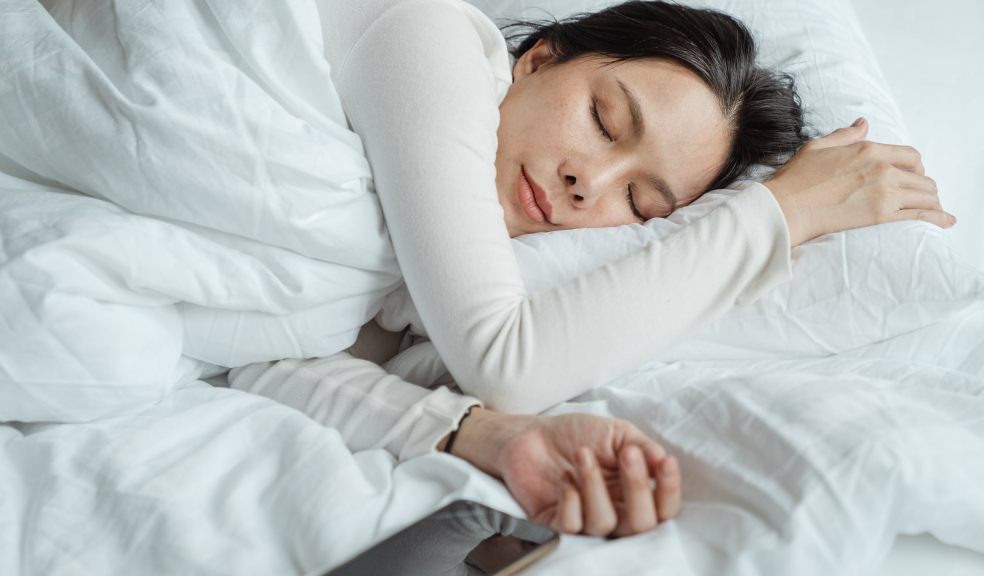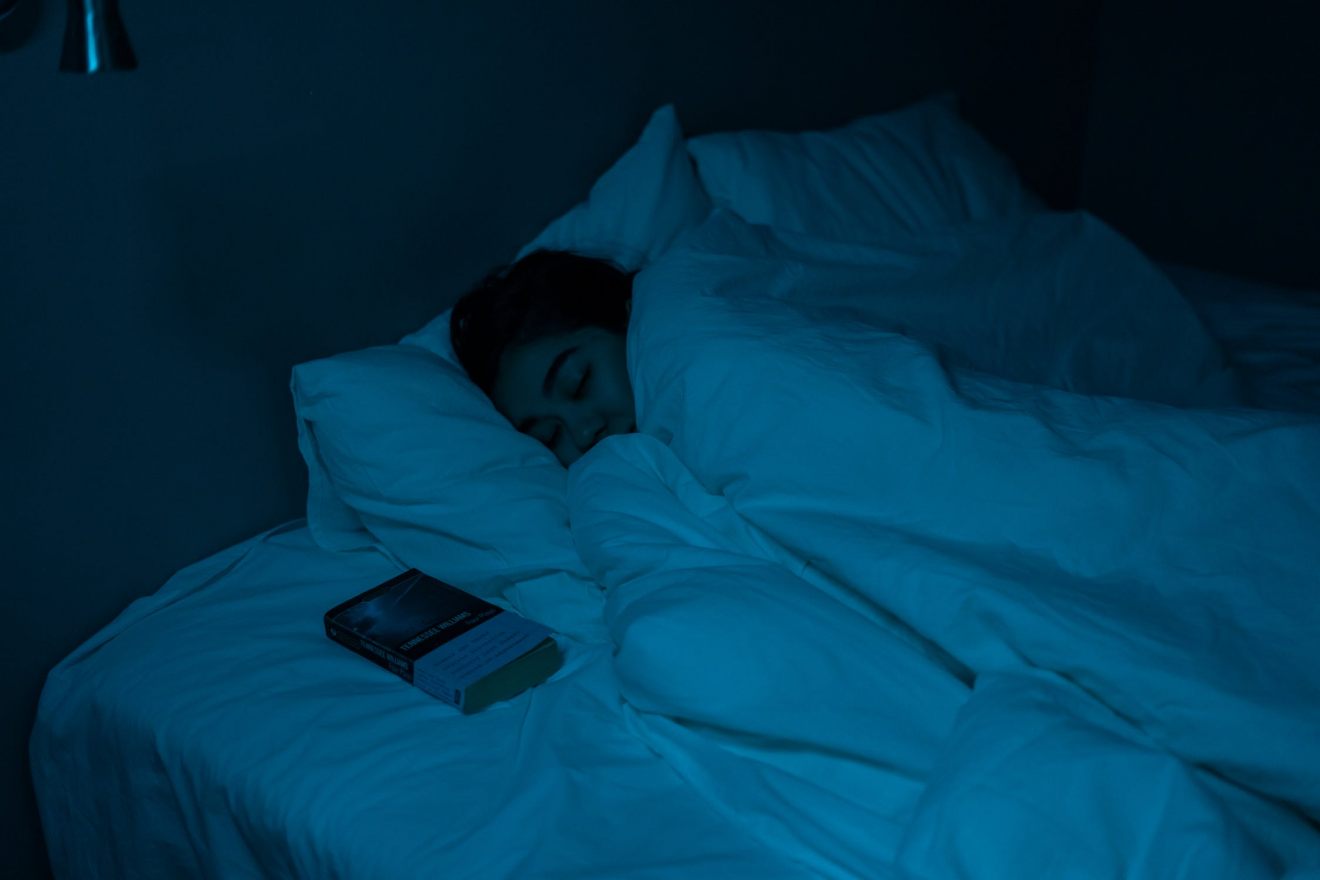
Taking Sleeping Pills? Here's What You Should Know
Sleep disorders are one of those issues you don’t often hear about, yet millions of people around us suffer from them. Lack of sleep has been defined as a factor in a number of other health problems, some of which are quite serious.
One of the ways to deal with sleep disorders is to take sleeping pills. However, as effective as they are, there are some things you should know about sleeping pills before you start using them.
Sleeping Pills are Not a Long Term Solution
Inability to fall asleep can have serious adverse effects on our daily lives. Our brain uses deep sleep to clear itself from harmful toxins. In fact, preventing the brain from going into deep sleep has been associated with higher risks of Alzheimer’s In other words, sleep is important.
That being said, treating insomnia with sleeping pills may be an effective short-term solution, but it is not a viable long term strategy. For one, they were never meant to be used for long periods of time. Taking sleeping pills involves potential side effects such as hallucinations or feeling groggy all day.
Instead of relying on sleeping pills as a long term solution, you should seek the help of a sleep therapist.
Always Follow Your Doctor’s Prescription
If you feel that you need sleeping pills, visit your primary care physician, and explain your situation. They will gauge whether sleeping pills are the right course of action.
The worst thing you can do is get a hold of sleeping pills yourself and self-medicate. Addiction from sleeping pills is a real thing and is usually rather subtle. Chances are you won’t even notice that you have a problem. However, those around you will.
If you feel that sleeping pills are the only way to get a good night of sleep, talk to your doctor, and follow their instructions to the letter.
Give Pills Enough Time to Work

One of the most common mistakes people make when taking pills is not giving themselves enough time to sleep. If you’re taking sleeping pills, you need to have the next 8 hours available no matter what. Forcing yourself to wake up sooner will leave you feeling groggy the entire day.
If you’re just beginning your sleeping pill therapy, it’s a good idea to do so on the weekend or to take a few days off. Give yourself a few days to figure out how your body responds to sleeping pills and how much sleep you need per night.
Although the answer for most is 8 hours, it’s still a good idea to experiment and find what works for you. Once you do, make sure to give yourself that amount of time every night you take sleeping pills.
Sleep Deprivation Isn’t Necessarily a Sleep Disorder
Sleep deprivation has a bad habit of passing for sleep disorder in today’s society. The fact is that sleep deprivation is usually the result of poor planning, rather than an actual sleep disorder. If you’re feeling sleep-deprived, the first thing you should do is work on your sleep hygiene. Develop a healthy sleeping pattern and stick to it.
If you feel that you’re not getting enough sleep, try incorporating short naps during the day. Good sleep hygiene is a much more viable long term solution than the use of sleeping pills.
Prolonged Exposure to Sleeping Pills and Dementia
Prolonged use of medication often has adverse effects on our bodies. The same applies to sleeping pills. A fairly recent study published in JAMA Internal Medicine has found that taking sleeping pills once every week for a period of 10 years greatly increases one’s risk for dementia.
That being said, further concrete evidence to support these claims is yet to be found. Still, long term exposure to sleeping pills is definitely not something you want to do.
Fix Your Sleep the Old Fashioned Way
Instead of defaulting to sleeping medication, try fixing your sleep the old-fashioned way. Go to bed every night around the same time. Use exercise as a means of burning off excess energy and tiring your body by the end of the day. Given enough time and effort, you will be able to fix most sleep disorders without having to use any medication.
That being said, there are rare sleep disorders that require the use of sleeping pills. If that’s your case, make sure to visit a sleep specialist and follow their instructions regarding medication and further treatment. The worst thing you can do is self-medicate and use sleeping pills without professional oversight.



















